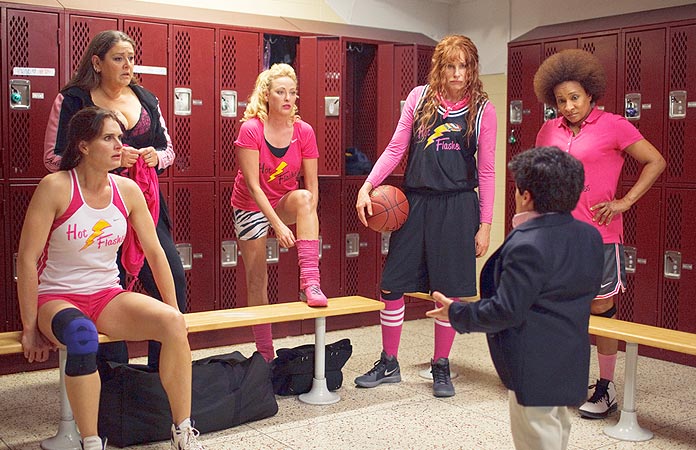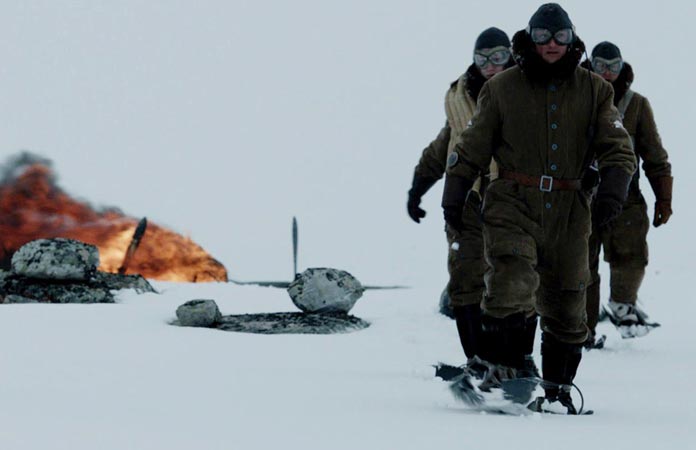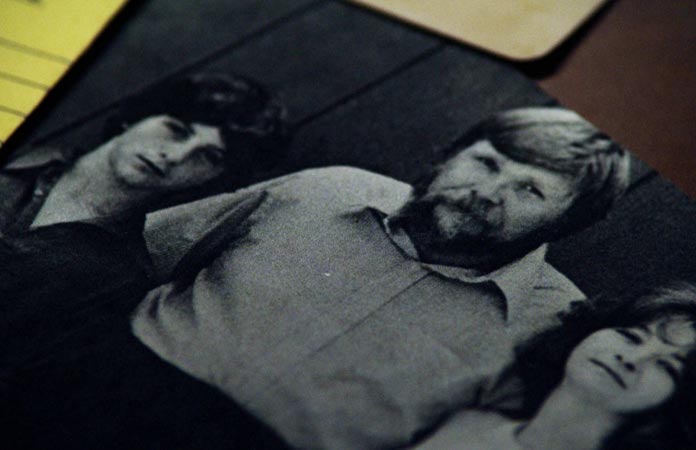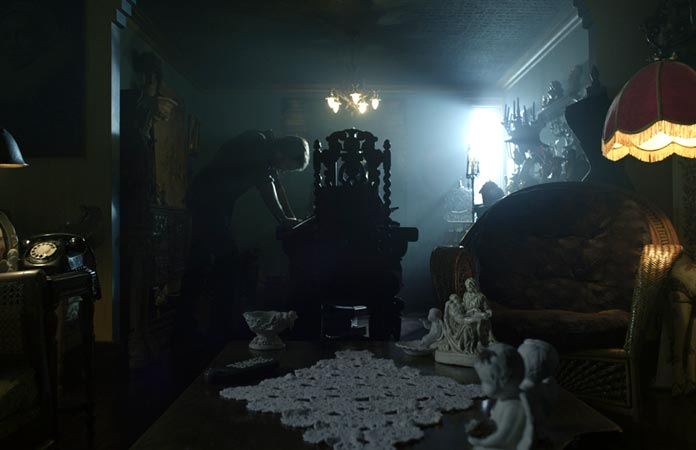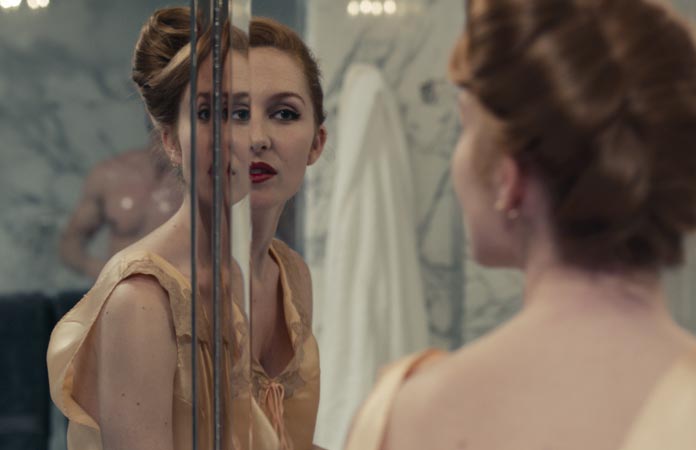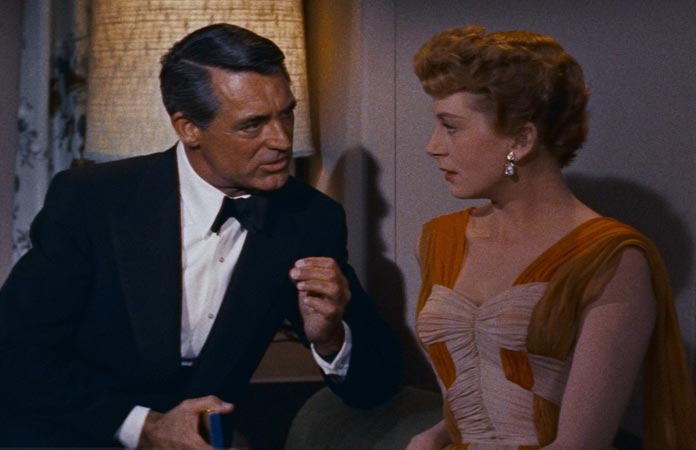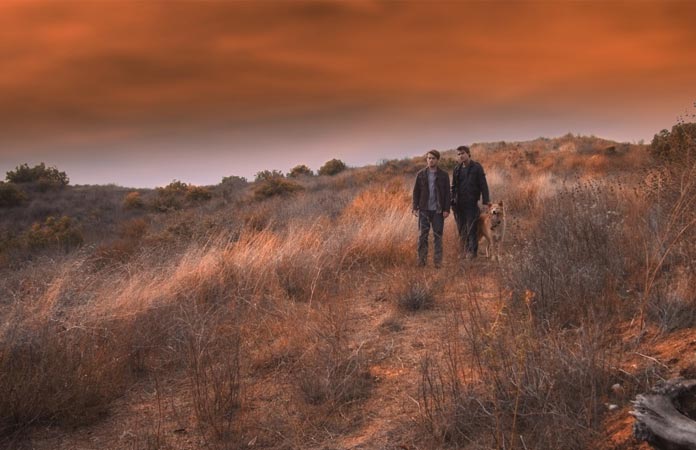DVD Review: The Hot Flashes
Published on August 13th, 2013 in: Comedy, DVD, DVD/Blu-Ray Reviews, Feminism, Movie Reviews, Movies, Reviews |On one level, The Hot Flashes is not a remarkable film. This chicken soup-comforting feature will play as well as a basic cable favorite as it did during its truncated theatrical release. The broad sports comedy follows a beleaguered basketball team made up of middle-aged women (hence the title) who play a series of games against the current high school champions to raise money for a travelling mammogram truck. The script hits all the Save the Cat high points, all but one of the narrative guns from the first act goes off in the third, and the movie leaves its audience on a plausible high note.
Though the film has an agreeably mainstream approach, The Hot Flashes is made with care and has a winningly self-aware quality that elevates it from standard seat- and schedule-filling fare. Director Susan Seidelman made her name on edgy, feminist-minded features like Smithereens and Desperately Seeking Susan, and the goodwill she earned on those films has granted her a good audience base.
DVD Review: Into The White
Published on August 13th, 2013 in: Current Faves, DVD, DVD/Blu-Ray Reviews, Movie Reviews, Movies, Reviews |I won’t lie—I was interested in seeing this film because it’s one of the post-Harry Potter performances by everyone’s favorite snub-nosed ginger, Rupert Grint, now quite grown up and no longer shackled to the limitations of being good-guy sidekick Ron Weasley (who, admittedly, is a vastly more tolerable character on screen than in the novels, thanks to the talents of Mr. Grint). I have yet to see the other “adult” roles Rupert Grint has done, but he more than holds his own in this admirable historical European indie.
DVD Review: My Amityville Horror
Published on August 12th, 2013 in: Documentaries, DVD, DVD/Blu-Ray Reviews, Horror, Movie Reviews, Movies, Reviews |Some look at The Amityville Horror as just a movie. It has been dismissed many times by many people, but no one can deny that something happened in that house; whatever it may be, something happened. Recently, IFC Films released a documentary that focuses on Daniel Lutz, the oldest of the children in the Lutz family, and his story and confessions on what happened during those 28 terrifying days spent at 112 Ocean Avenue.
I’m one of those that believe that some of the events that were “recorded” actually happened in that house. I do believe that George Lutz was full of shit and that they fabricated a lot to sell their story. However, I also believe that certain events occurred, and then the family just went with it.
In My Amityville Horror, Daniel Lutz tells his side of the story, and he sells it. Yeah, he could be bullshitting, but the way he speaks is very convincing. If he is lying, he is the best liar in the world.
DVD Review: The Last Will and Testament of Rosalind Leigh
Published on August 2nd, 2013 in: Current Faves, DVD, DVD/Blu-Ray Reviews, Horror, Movie Reviews, Movies, Reviews |The Last Will and Testament of Rosalind Leigh is the feature film debut of Rodrigo Gudiño, founder of Rue Morgue magazine. It hearkens back to the Gothic thrillers of the 1960s but it isn’t a period piece. It’s more of a slow burn than most slow burning films, but once it catches flame it becomes genuinely sinister.
DVD Review: Kiss Of The Damned
Published on August 2nd, 2013 in: Current Faves, DVD, DVD/Blu-Ray Reviews, Horror, Movie Reviews, Movies, Reviews |If anything could be more thrilling and sexy than Kiss of the Damned, it would be the fact that this is writer and director Xan Cassevetes’s first film. The daughter of John Cassavetes and Gena Rowlands, her pedigree is as assured as her talent.
Kiss of the Damned is the vampire movie that we’ve all been waiting for, engorged with atmosphere, sex, betrayal, and blood. It’s indebted to films like Daughters of Darkness, The Hunger, and the oeuvres of Jean Rollin and Jess Franco. Yet it feels fresh and invigorating and not like a retread at all.
Assemblog: July 26, 2013
Published on July 26th, 2013 in: Assemblog, Conventions/Expos, DVD, Feminism, Film Festivals, Movies, Science Fiction, Trailers, TV |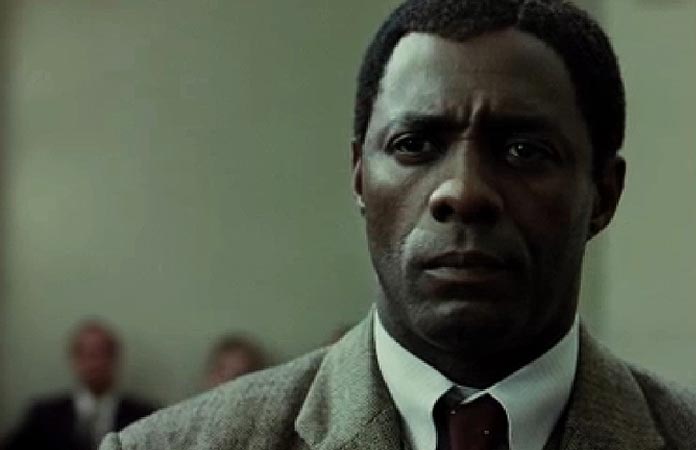
Idris Elba in Mandela: Long Walk To Freedom
New this week on Popshifter: Brad is a big fan of two new Scream Factory Blu-Ray releases: Ninja III: The Domination and The Howling; Jeff rethinks not having given Bulletboys a chance before and urges others to give the 2006 version of The Wicker Man another chance; I review the vinyl reissue of White Fence‘s self-titled debut as well as the splendid Lenses from Soft Metals, and marvel at the brilliant, hilarious Computer Chess.
DVD Review: The ABCs of Death
Published on June 19th, 2013 in: Current Faves, DVD, DVD/Blu-Ray Reviews, Feminism, Horror, Movie Reviews, Movies, Reviews, Science Fiction |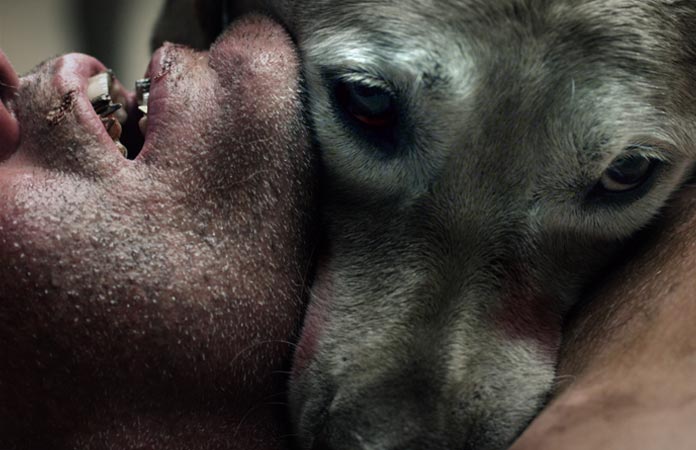
D Is For Dogfight by Marcel Sarmiento
Even to a horror fan, the idea of a film omnibus devoted to death could seem a bit morbid. The ABCs of Death is a complex, thoughtful glimpse at not only death, but also the work of 26 filmmakers from 15 different countries. Each director was assigned a letter and given complete artistic freedom to pick a word from the alphabet and design his or her own cinematic interpretation of death.
DVD Review: The Cary Grant Film Collection
Published on June 17th, 2013 in: DVD, DVD/Blu-Ray Reviews, Movie Reviews, Movies, Retrovirus, Reviews |It is nearly impossible to write about Cary Grant without mentioning the words suave, dashing, elegant, or handsome, so let’s just get all of those words out of the way now. Twentieth Century Fox has released a six-DVD box set of a collection of Cary Grant films and it’s a decent overview of his career.
DVD Review: John Dies At The End
Published on June 14th, 2013 in: Comedy, Current Faves, DVD, DVD/Blu-Ray Reviews, Horror, Movie Reviews, Movies, Reviews, Science Fiction |John Dies At The End is a remarkably original movie, even though it’s based on a novel. Director Don Coscarelli, who also adapted the screenplay, has merged several different, potentially conflicting styles— horror, comedy, sci fi—into a movie that resides firmly in its own universe(s).
DVD Review: Young & Wild
Published on June 5th, 2013 in: Culture Shock, DVD, DVD/Blu-Ray Reviews, Feminism, Found Footage, LGBTQ, Movie Reviews, Movies, Reviews |Eighteen-year-old Daniela has the makings of a precocious sex geek. She is bisexual and game to playing with new partners, and she writes about her adventures in her blog, “Jovenes & Alocada.” Two factors make Daniela’s story a little more notable: She grew up in Chile during the post-Pinochet era, and her family is deeply involved with the Evangelical church. Daniela’s experiences as a queer teenager comprise the story of Young & Wild.
